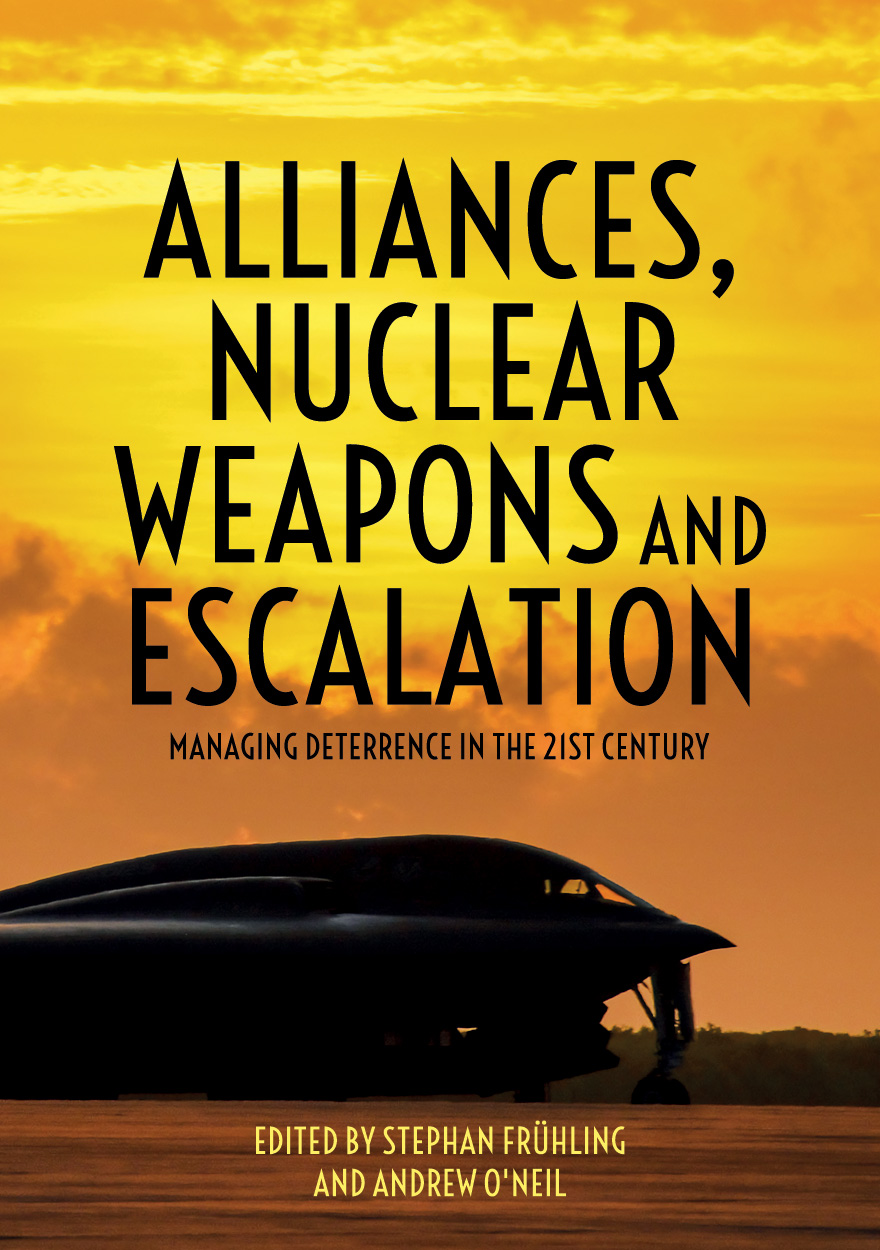His Excellency Ambassador Shingo Yamagami spoke first, emphasizing he was giving his own views, not necessarily those of the Japanese government. He pointed out that China's nuclear arsenal was growing, without any international agreements in place to curb expansion. Also he pointed out the irony that if Ukraine had not surrendered the nuclear weapons on its territory at the end of the USSR, Russia would be hesitant to invade. "The penalty for complacency on nuclear weapons is, quite simply, extinction".
Dennis Richardson, former Secretary of the Australian Department of Defence pointed out that operational matters for Australia's military can quickly become policy issues. He used the example of an Australian warship operating with the US 7th fleet, in the region. As he pointed out this might seem a routine matter, but the fleet could be called into action at any time, and Australia could not simply withdraw its ship. On a personal note I saw this first had, when I spent the day on the 7th Fleet Flagship. Working on as a civilian IT expert for the Australian DoD, I was visiting my US counterpart, a naval officer. While this a joint training exercise, it was clear the fleet was ready to go to war at any time. If they did, I would have to go with them, in my borrowed uniform.
Skylar Mastro, from the Freeman Spogli Institute for International Studies at Stanford University erased the idea of international alliances covering non military matters. One example was if China threatened to stop their students coming to Australia, the USA would ban them. Dennis Richardson pointed out that the USA and Australia have interpreted their alliance as covering cyber attacks.
Alliances, Nuclear Weapons and Escalation, table of contents for the free HTML version:

No comments:
Post a Comment